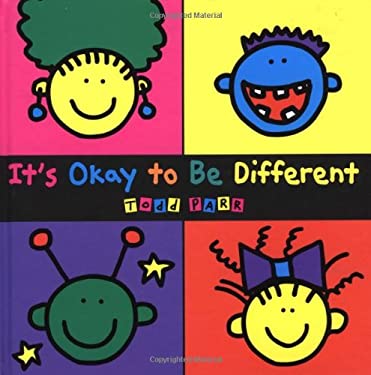 |
| My sister made this in kindergarten ten years before I started dating my Jewish spouse. It is now his stocking, which hangs proudly on my parents' mantle. Thank you Mrs. Ackerman! |
 |
| Our Chrismukkah mantle last year |
What concerns me, however, is the reaction Susan got from her Post article. So many feel that celebrating more than one tradition dilutes them all. I simply disagree. As Todd Parr says, "it's okay to be different," and our differences make us beautiful. So, here is another lesson from kindergarten.
 Before the winter break, I get to teach my favorite unit: the festivals of light. It is the culmination of work started before Thanksgiving that celebrates the richness of our diverse country. What I find remarkable is that the celebrations have so many beautiful similarities. In November, I lay the foundation for the study with the unit called "we are all the same because we are all different." I read books by Todd Parr and give a presentation about the factual Harvest Feast of 1621(called the first Thanksgiving) using Scholastic's amazing virtual field trip to weave in the theme of sharing our differences and gifts with others. We celebrate our differences when we read different versions of Stone Soup. When we make our own soup, the students realize it would be far less tasty if there was only one ingredient instead of 17 different ones. That gets translated back to our classroom community where it starts to sink in that our differences are what make our class special and interesting.
Before the winter break, I get to teach my favorite unit: the festivals of light. It is the culmination of work started before Thanksgiving that celebrates the richness of our diverse country. What I find remarkable is that the celebrations have so many beautiful similarities. In November, I lay the foundation for the study with the unit called "we are all the same because we are all different." I read books by Todd Parr and give a presentation about the factual Harvest Feast of 1621(called the first Thanksgiving) using Scholastic's amazing virtual field trip to weave in the theme of sharing our differences and gifts with others. We celebrate our differences when we read different versions of Stone Soup. When we make our own soup, the students realize it would be far less tasty if there was only one ingredient instead of 17 different ones. That gets translated back to our classroom community where it starts to sink in that our differences are what make our class special and interesting.The themes that link the winter festivals are beautiful - hope-giving light, the anticipation of spring, celebrations that bring family and friends together, giving to show thanksgiving, eating foods that help us feel connected to our cultural roots, and telling stories that remind us good will out. This is why I have no qualms about celebrating Christmas, Hanukkah, Diwali, and Ayyam-i-Ha all together.
This year, I have a student who is a practicing Baha'i. This child's parents are good teachers of their fatih and advocates for diverse religious representation in the classroom. From what I have learned so far, one of the main beliefs of the Baha'i is the oneness of God. Their winter festival is Ayyam-i-Ha, which celebrates charity, unity, and faith in God. I'm so excited to add this holiday to our repertoire. In February, we will make a service wreath to count down the days until the celebration. It is a lot like an advent wreath, but each card will have a service project on it. I'm starting to feel like Baha'is do a better job of celebrating the true meaning of Christmas than some of us Christians do.
 |
| Our wreath will look something like this, except on each card there will be an act of kindness I will challenge the students to perform. |
This year, we will continue to celebrate both. For Hanukkah, we will give thanks that God works miracles. When we light the menorah and say the blessings, we will remember that we are connected to a rich tradition of being in relationship with God. Our hope that comes from God may sometimes be as small as a candle's flame, but it is eternal. When we light the Christmas tree, we will give thanks that God sends hope into the world. Sometimes it is in the form of a little baby born humbly in a manger. Sometimes, it comes in the form of a reconciliation village in Rwanda, in new friendships formed, or in the right words said at the right time. For us this year, it truly comes in the form of a baby boy. This child bears the hope of our hearts that we will raise a diplomat who can speak two religious languages and find God by multiple paths - a child who sees we are more the same than we are different, but our differences make us beautiful.
Thanks for the shout-out Ellen, and for adding your perspective on this issue...
ReplyDelete